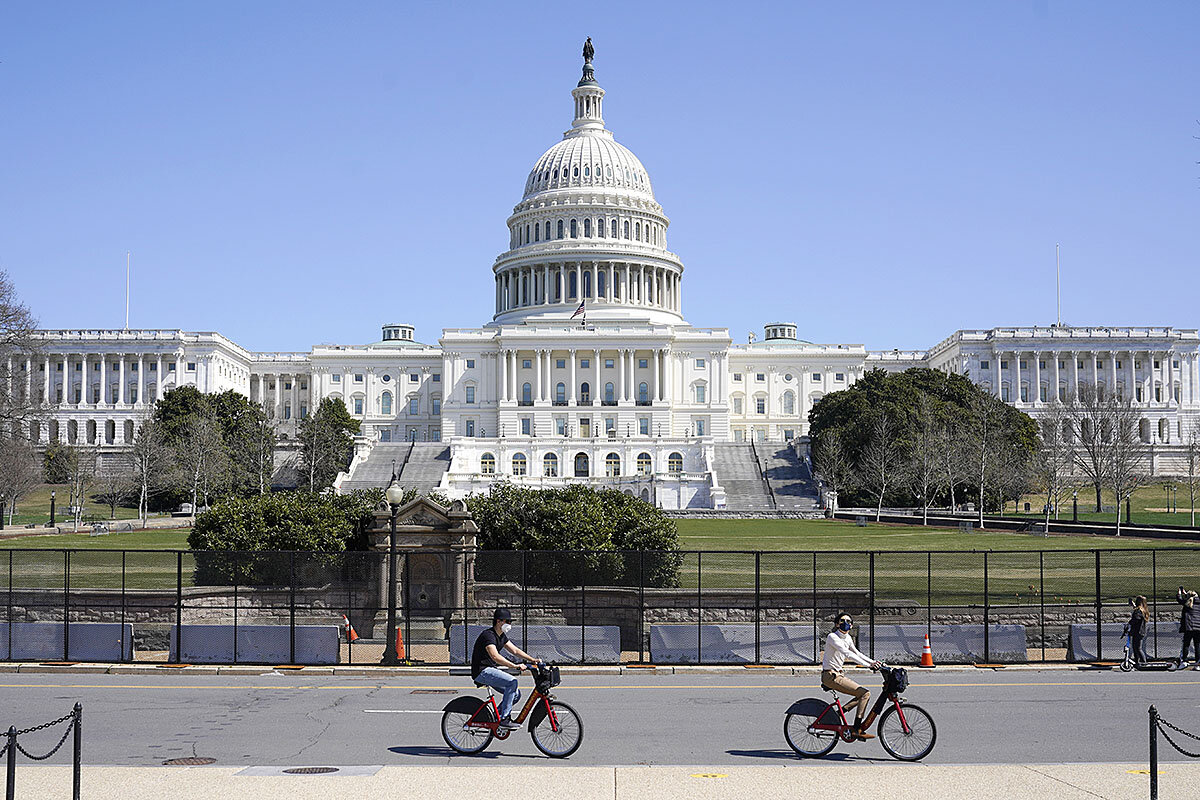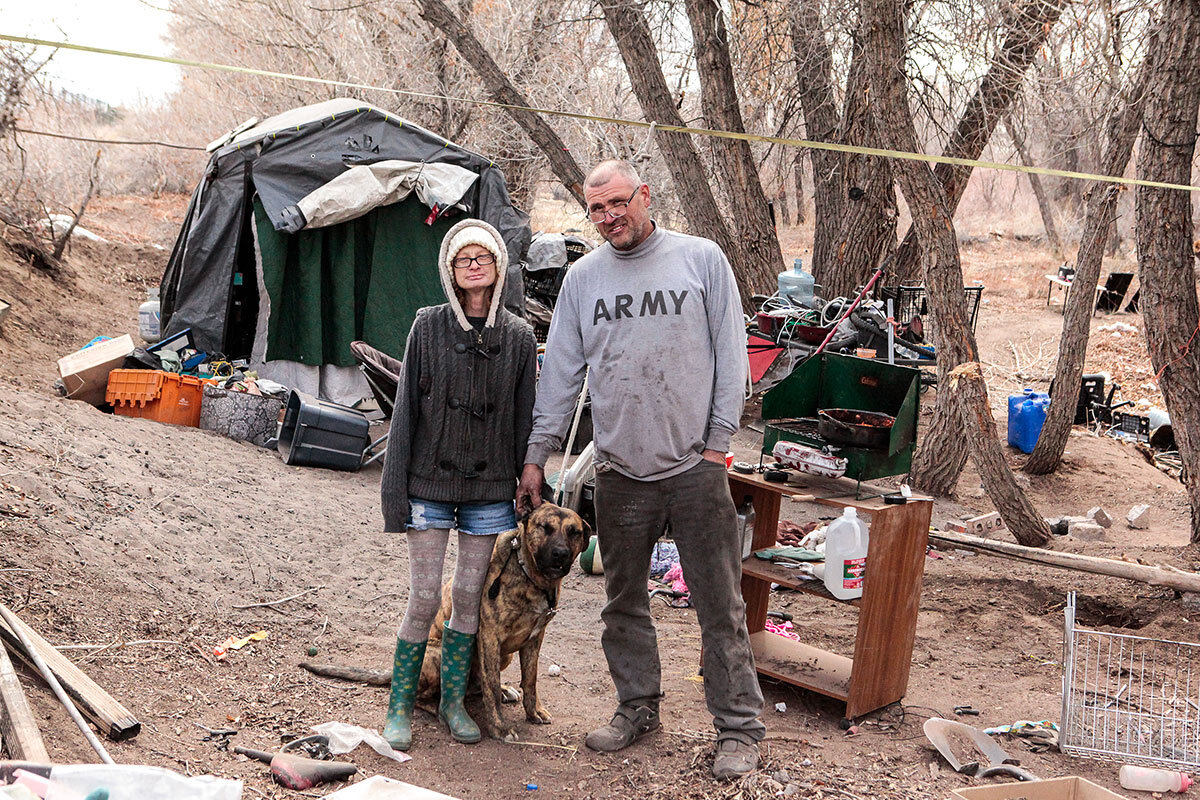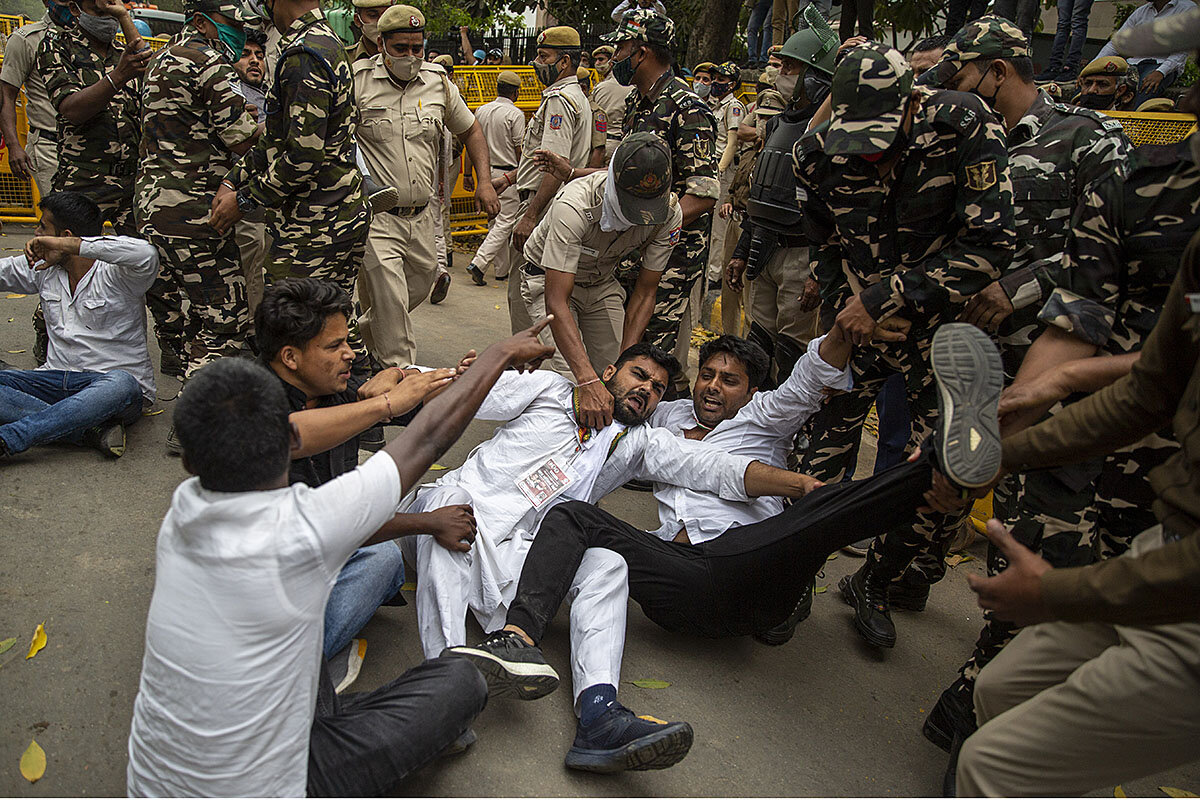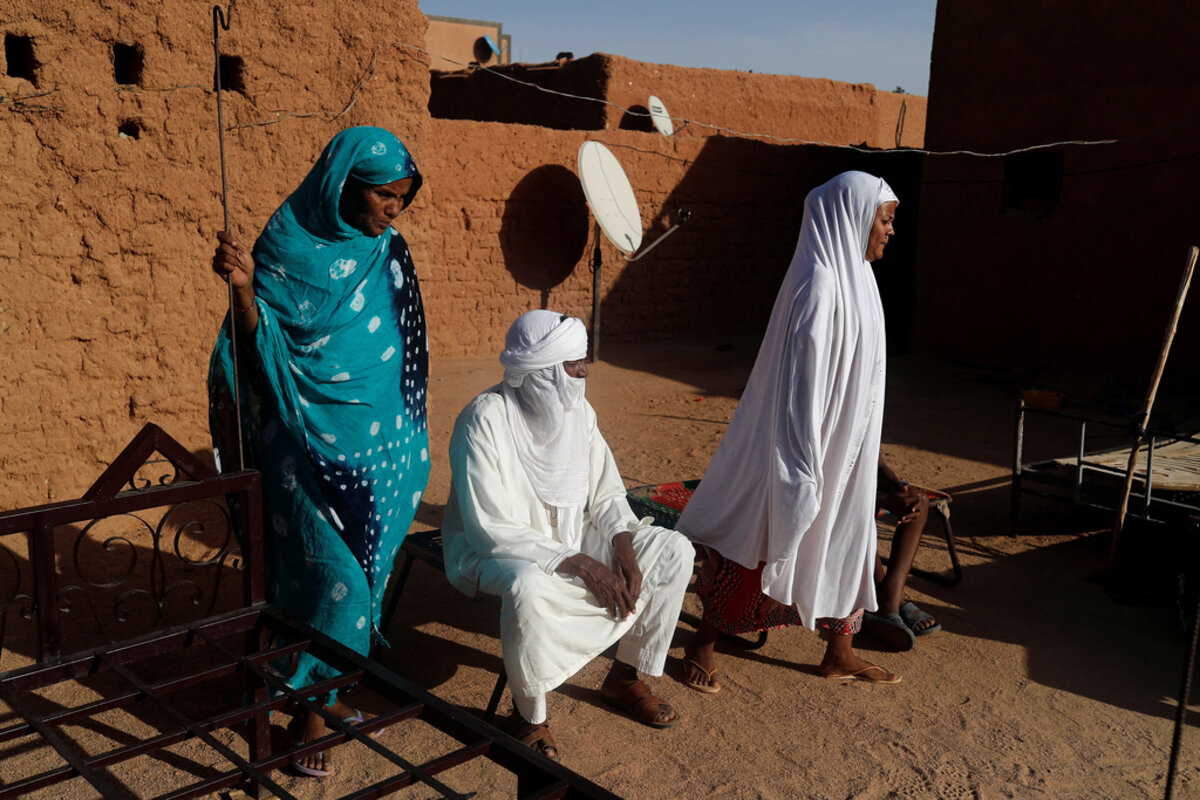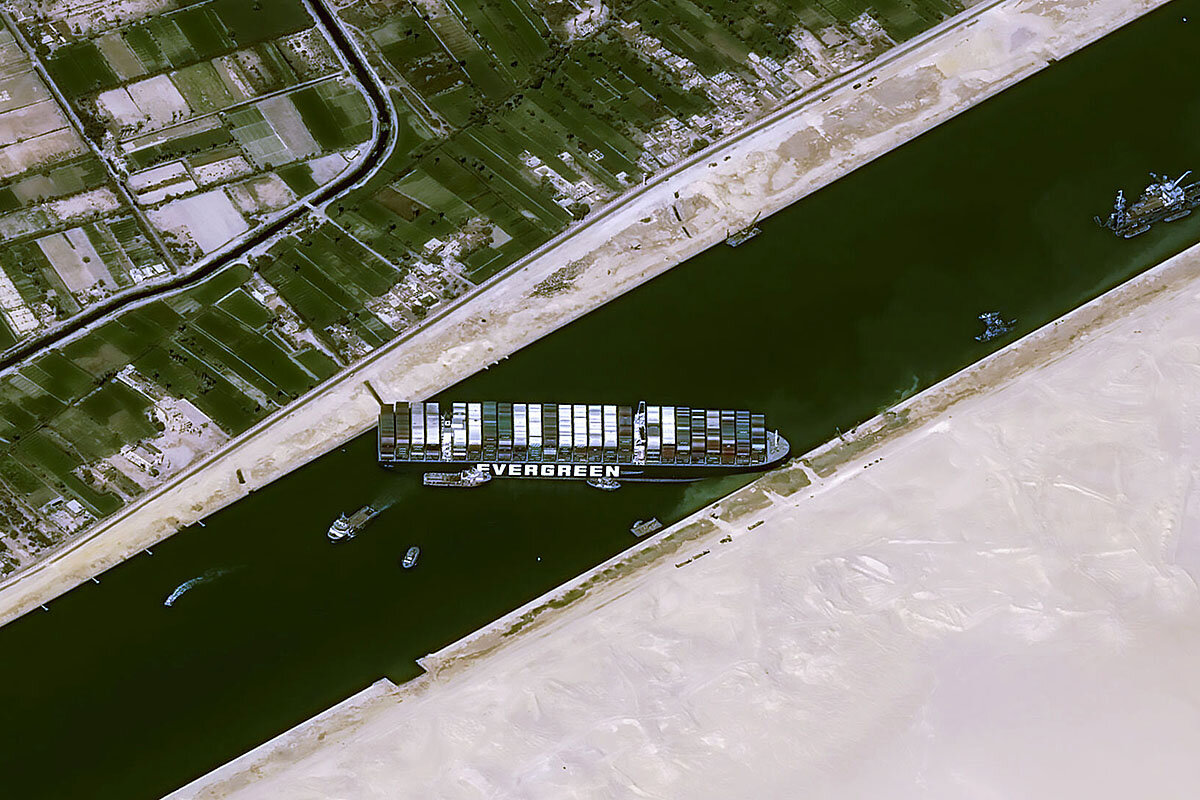In 2014, five countries in Africa’s Sahel region joined in a military compact with France to counter Islamist militant groups with force. The local bands had become affiliated with Al Qaeda. Communities were repeatedly attacked; their children kidnapped to become wives or soldiers. But instead of halting the threat, the military strategy has compounded the misery. Troops sent in to protect villages have themselves been accused of atrocities against civilians. Millions have been displaced and tens of thousands killed.
Seven years later the advance of extremism in parts of Africa – from the Sahel to Somalia to Mozambique – has prompted a rethink of the military approach. There is a growing consensus, according to a recent paper by the U.S. Institute of Peace, that “militarized counterterrorism responses that have dominated in the post 9-11 era are failing, particularly in Africa.” French President Emmanuel Macron recently conceded that point. In January he signaled his intention to withdraw the 5,000 French troops in the Sahel. A month later he ruled out such a departure.
One of France’s Sahel partners, Niger, indicated March 22 what a shift in strategy might involve. Reeling from two deadly attacks by suspected jihadis in recent days, the government called for three days of national mourning and announced an investigation “to find the perpetrators of these cowardly and criminal acts and bring them before the courts.” Those two actions point to what has been missing: an approach to security that extends the reach and influence of national governments as much through strong legal and social measures as through military force.
More often than not local communities have borne the burden of caring for victims of attacks and people fleeing violence, not governments. In Mozambique, for example, where more than 570 horrific attacks last year alone left nearly a million people facing severe hunger, residents in surrounding unaffected areas have “shown incredible solidarity and generosity with displaced persons,” states the United Nations.
Prioritizing military responses to extremism is understandable. Urgency lies with protecting civilians. But the real solutions involve building trust in local and national government. The 2014 Sahel compact itself includes a framework for balancing defense with improving daily life, such as education, health care, and access to safe drinking water. The United States and France had hoped that training African special forces to contain the threat of terrorism would create a space for governments to begin meeting those needs. That has not happened. Islamist militants are thriving in predominantly Muslim areas that are impoverished and remote.
Niger’s desire to use its justice system to hold militants accountable is acknowledgment that the slower work of improving standards of living and strengthening the rule of law is just as urgent as protecting lives. That requires redirecting some of the hundreds of millions of dollars already committed by Western and Gulf countries for security in the Sahel to things like power grids and classrooms.
It may also require drawing on Africa’s unique approach to justice. Nigeria has already shown that trying extremists in courts is not enough. The volume of accused individuals has overwhelmed its formal legal system and compromised fair standards of trial. That threatens the rule of law more than strengthening it. Traditional forms of restorative justice, such as those that helped Sierra Leone and Rwanda overcome mass hate and trauma, could help ease that burden and salve wounded communities.
The crisis of Islamist violence in Africa points to its solution. As the International Crisis Group stated last month, “The governance crisis that lies at the root of the Sahel’s problems is prompting growing hostility towards governments, whether expressed in rural insurgency or urban protest.” In Niger, the balance of guns and butter is getting a second look. A society is bound together far more by force of its ideals than by the force of arms.
 Linda Feldmann
Linda Feldmann




